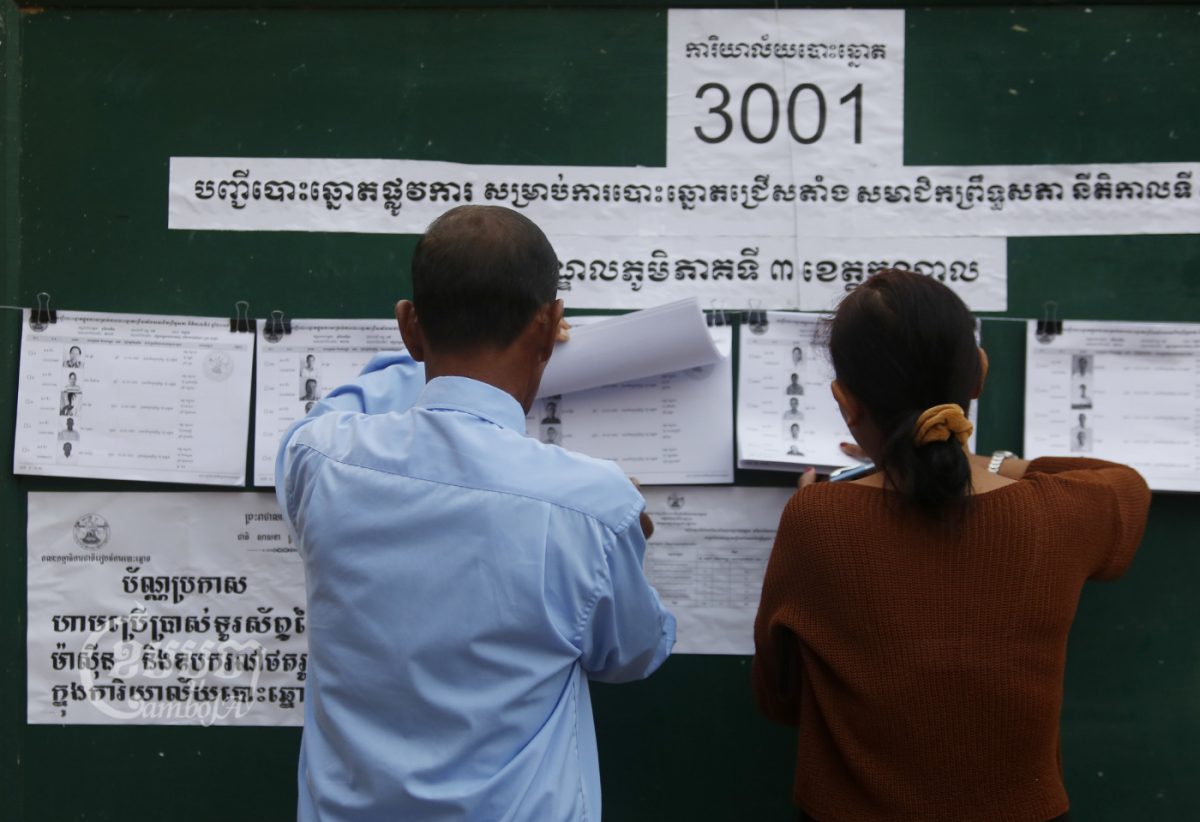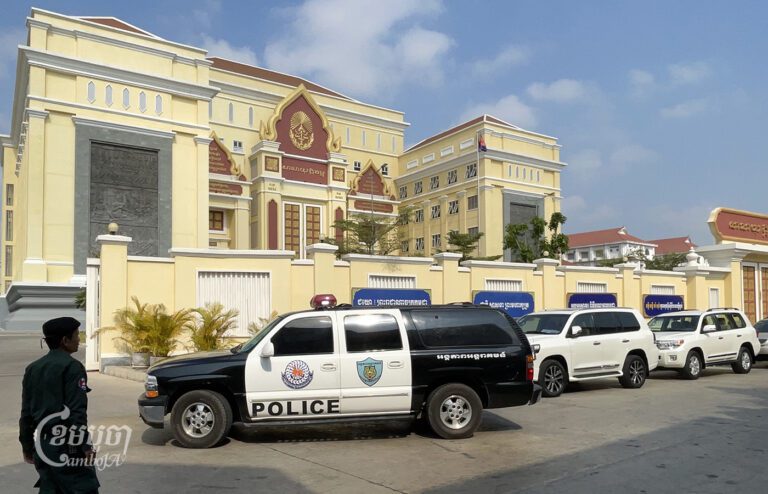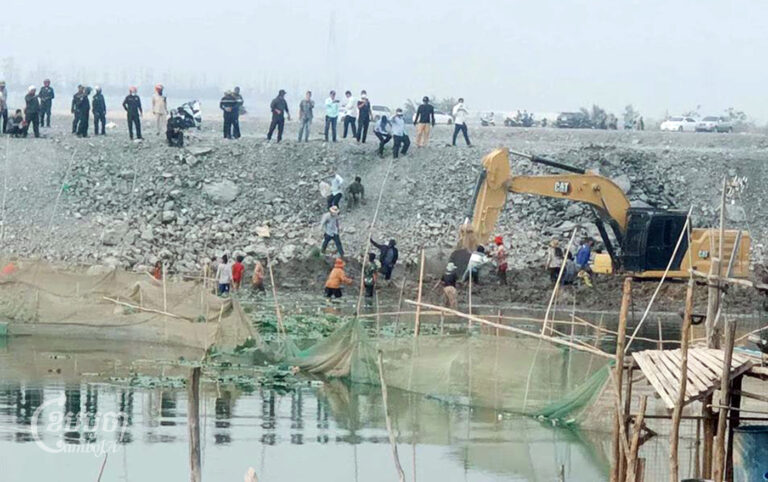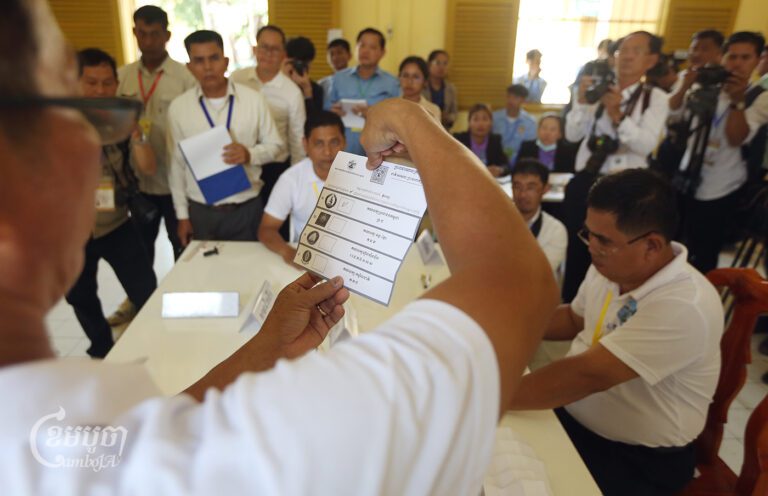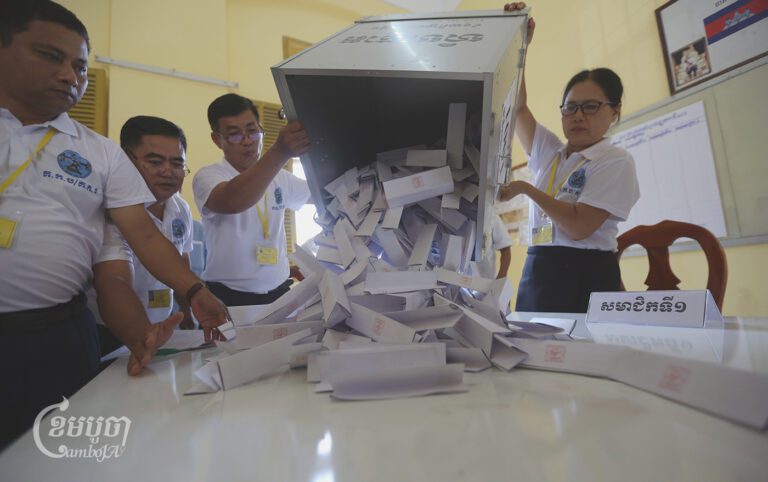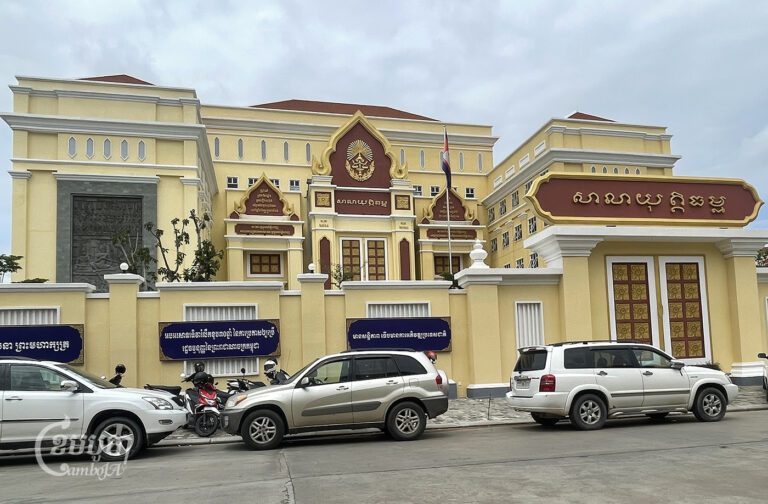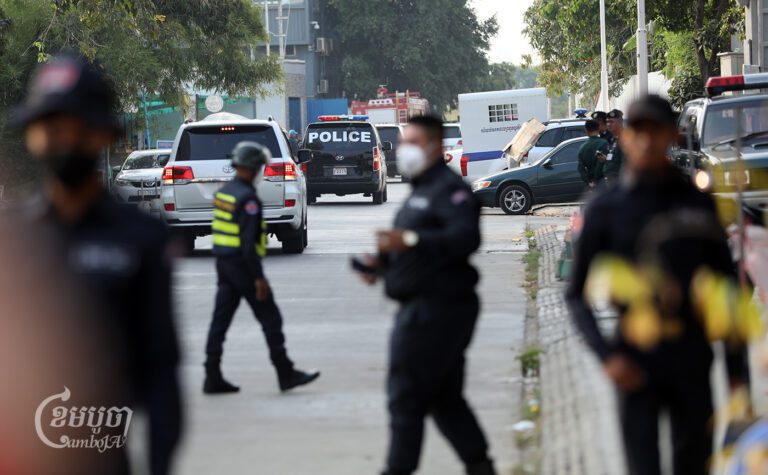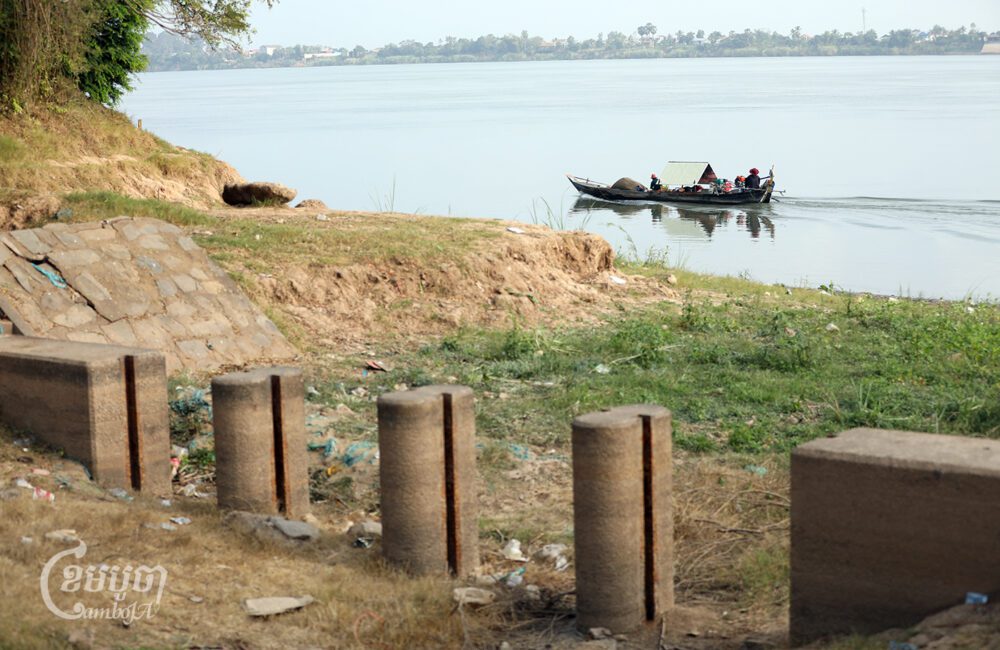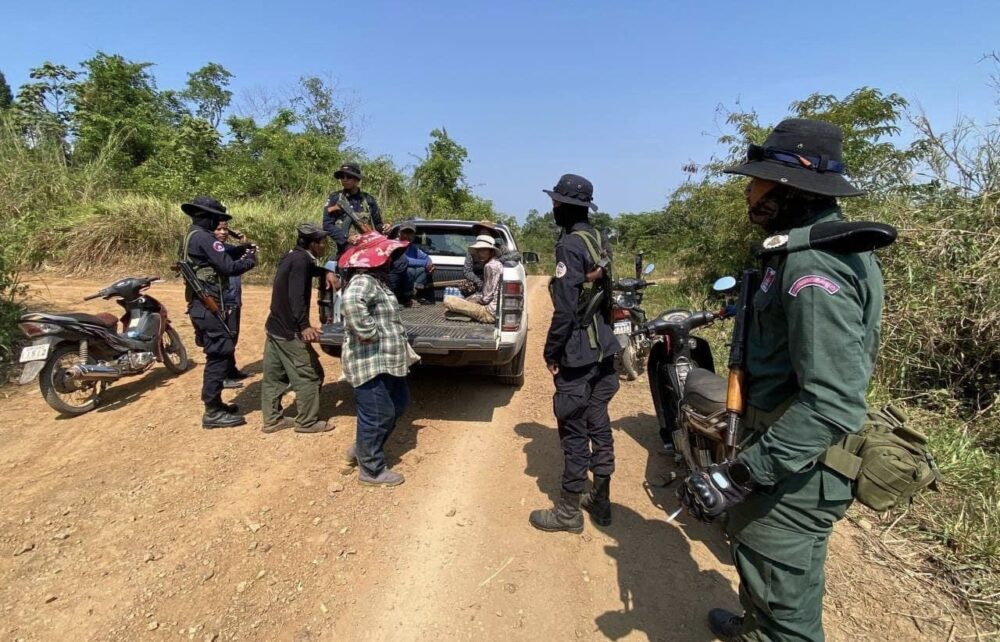Electoral observer organizations in Cambodia said on Tuesday that political rights remain under threat of interference from local authorities, and requested the government do more to ensure the upcoming commune elections are free and fair.
The election watchdog Comfrel conducted a three-month evaluation consisting of provincial stakeholder forums to gather input on perceptions of political rights, such as that to freely stand for election or express the voters’ will. What the watchdog found was that official threats, intimidation and the use of violence undermine the electoral process.
Comfrel held forums in eight provinces, with each consisting of about 100 participants. On Tuesday, the group held a workshop to share its recommendations to address the issues shared by stakeholders and ensure the legitimacy of the upcoming elections.
Since the main opposition CNRP was dissolved by court order in 2017, a move largely seen as politically motivated, the ruling CPP has effectively established a single-party state. The year of the CNRP dissolution also brought in a more sweeping crackdown on civil society and media groups perceived as critical to the ruling party.
Though minor opposition groups intend to run for seats in the commune council election, the legitimacy of the contest is likely to be challenged both domestically and on the world stage. Last week, after the visiting Japanese foreign minister raised the issue of democratic fairness, Prime Minister Hun Sen publicly ordered local authorities across Cambodia to not interfere in opposition campaigning and election activities.
That order was viewed with skepticism by civil society, which asserted that local officials have routinely disregarded such orders from top party leaders.
Still, Comfrel maintains that feedback can improve the electoral process.
“Recommendations by civil society groups are still significant in advocating reform during an election period,” said Kim Chhorn, the executive director of Comfrel.
Cambodia will hold its commune council election in June 2022, and the national election in 2023.
Besides matters related to campaigning and voting, the group’s forums also heard feedback on more systemic challenges. Participants said the public does not trust the impartiality of members of the National Election Committee (NEC), and sees the armed forces as being aligned with the CPP, including in political rhetoric against civil society groups and independent media.
In its recommendations, Comfrel also called on the government to consider voter registration for Cambodia’s approximately 3 million migrant workers.
In terms of election processes, Cheang Sokha, advisor at the non-governmental organization Youth Resource Development Program, said that some local authorities have interfered with the voters’ will through checking names and watching for dissent at the polls.
“Some voters have been threatened, intimidated or been restricted in their rights to make decisions to choose their representative freely,” he said. “Voters have just shown willingness but there is no provision to protect their will.”
Sokha continued that the dissolution of the CNRP and revocation of its commune officials has disregarded the voters who had supported the opposition party. He pointed out that the positions of some 5,000 opposition councillors who had won seats were divided to other minor political parties when the CNRP was dissolved.
Civil society groups have requested the government establish provisions to ensure the voter’s will is carried out, which would depend on strengthening the role and duty of civil servants, as well as guaranteeing the neutrality of the armed forces, and the National Election Committee. Civil society has also pushed for legislation ensuring elected people do not lose their seats even if their parties are dissolved.
Yem Ponhearith, the president of Kampuheaniyum Party, attended the event and said he supported what civil society groups have done to demonstrate the challenges regarding voter intimidation.
“There are still threats and watchdogging if people don’t join to support political parties,” he said.
Ponhearith said the current government has not been willing to facilitate voter registration for migrant workers and people living overseas who should have the right to vote.
“We have recognized the challenging issues that exist, such as voter registration for migrant workers, that up to now have no resolution,” he said. “The government has not paid attention to people living overseas to have the right to register and vote.”
Ker Rith, a deputy director of the NEC legal and dispute department, said the committee appreciated the feedback from civil society groups but must follow the relevant laws as currently written.
“I would like to say that the NEC welcomes what civil society has demanded but it needs to exist in a legal framework that NEC can implement,” he said.
Rith said the majority of Cambodian citizens vote, with solid turnout compared to other countries. He said there are about 9 million registered in the voter list from 2021 to participate in the commune election.


